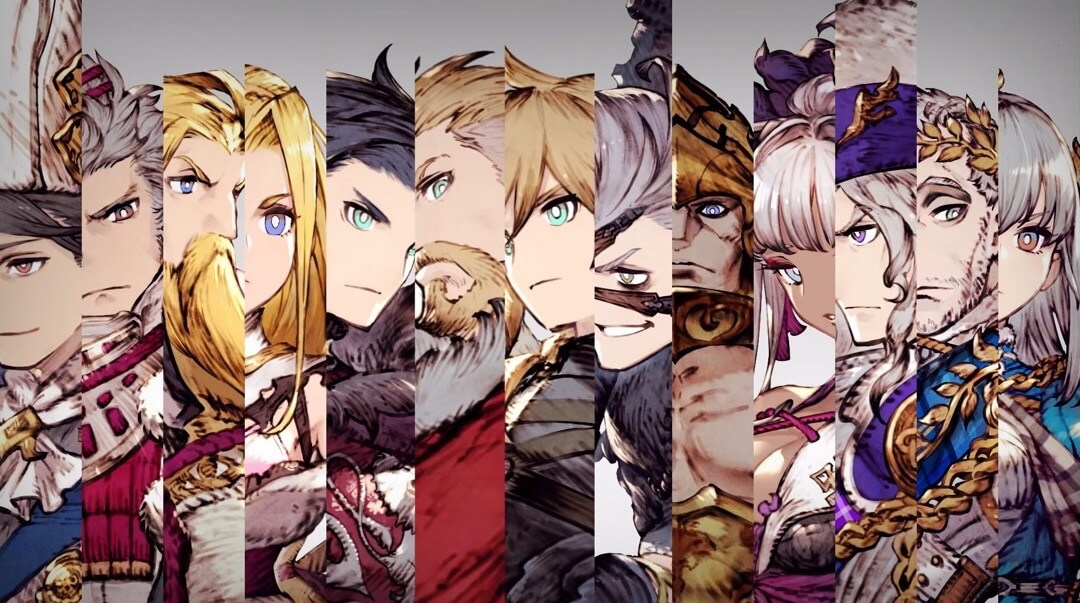Keyforge, the collectible card game designed by Magic: The Gathering creator Richard Garfield, is changing hands. Fantasy Flight Games has sold the property to Ghost Galaxy, a new company created by FFG’s own founder Christian T. Peterson. Ghost Galaxy made the announcement in a blog post dated June 22 which became public on Tuesday.
First published in 2018, Keyforge: Call of the Archons made a big splash when it launched at Gen Con in Indianapolis. The world’s first Unique Deck Game, every single deck is completely different — right down to the art and stats on each of its cards. The secret sauce is a powerful computer algorithm created by a team at FFG capable of producing 32 billion different decks. However, that algorithm broke some time in 2021. Its failure, which has never been fully explained, put the game on indefinite hiatus starting in September.
“We simply do not currently have the ability to make new decks,” FFG wrote at the time. “The deckbuilding algorithm for KeyForge is broken and needs to be rebuilt from the ground up. This is neither an easy process nor a fast one, which is why the game will be going on hiatus for a while. […] We ask for your continued patience as we work to rebuild the unique deck engine in preparation for the game’s relaunch.”
Reached for comment, Ghost Galaxy told Polygon that its approach to procedurally generating decks will be as robust as the original implementation.
“Ghost Galaxy is creating its own software suite that will be capable of generating new KeyForge decks. Our team of software engineers is already working on this project, but we expect it will take several more months to complete,” said Ghost Galaxy’s Michael Hurley in an email. “Our new software will be capable of everything that FFG’s software could do. The possible number of unique decks in KeyForge is entirely dependent on the size of the card pool within a given set. Since we plan to continue making new cards, the theoretical maximum number of unique decks will always be increasing.”
Ghost Galaxy is part of a small cadre of organizations funded in part by Strange Stars, a venture capital company with investments in virtual reality, manufacturing, and software.
Source: Polygon





















